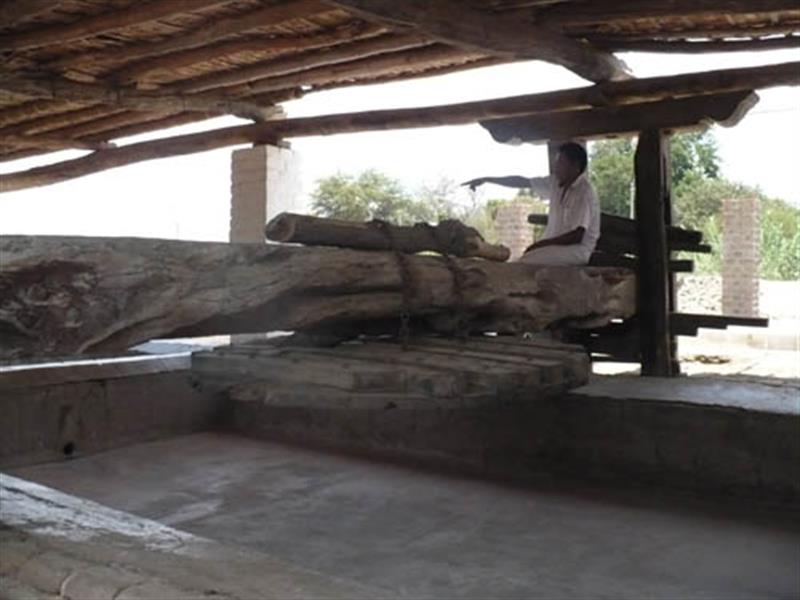Here we share the second part of a three part article. We found it to be very interesting! Enjoy!
A Linguistic Issue
Dr. Cesar Angeles was not interested in finding out how much
 Peruvian
firewater was produced in the days of Spanish Colonization, nor did he
care if Pisco was ever produced in the city of Pisco. Neither was he
interested in whether or not the denomination of origin zone was too
large. He did not begin the absurd practice of purchasing different
firewaters in order to establish positive qualities, which would always
be considered subjective. He reduced the entire debate to a linguistic
issue. And certainly in this area there was no possibility of “fixing
the result.”
Peruvian
firewater was produced in the days of Spanish Colonization, nor did he
care if Pisco was ever produced in the city of Pisco. Neither was he
interested in whether or not the denomination of origin zone was too
large. He did not begin the absurd practice of purchasing different
firewaters in order to establish positive qualities, which would always
be considered subjective. He reduced the entire debate to a linguistic
issue. And certainly in this area there was no possibility of “fixing
the result.”“This is essentially a linguistic, lexicographic issue (not a grape-related issue, notes the author). The Quechua (or Paracas) word ‘pisco’ means ‘little bird.’ In the city of Pisco at that time, there were many birds, and ancient Peruvians, as did many people, named the location based upon its topographic or geographic characteristics. Just like in the city of Lima, the name comes from rimac, which means ‘river that speaks.’ The inhabitants of these areas were potters, and were also called ‘Piscos.’ During colonization, the earthenware jugs were called ‘Piscos’ and since the firewater was stored in these jugs, the firewater became known as Pisco. The word is also a last name: such as Piscoya, Pisconte. It is a sublimely Peruvian word,” he states, summarizing his thesis.
“If the Chancellery or the Peruvian Government has not argued the above, it is because they are ignorant, because they don’t investigate. If they would have presented their argument from this point of view, we would have won the battle ages ago. If they had done so, no one around the world would be allowed to call something Pisco that wasn’t. They should have applied for the designation that firewater from Peruvian grapes is Pisco with proof that the word Pisco is completely Peruvian, not the other way around. The linguistic argument is central, not an accessory. I am a lonely defender of this argument.”
The intellectual “loans” of “the Peruvianness of Pisco” have appeared with these arguments which were very well documented and demonstrated in 1972, published by Nueva Educacion. The publication immediately sold out, and there were new editions published every two years, at least, until today. Today it is edited by Editorial San Marcos, and is part of the triple edition of “The Harvest,” “The Pisco Dictionary” and the classic “the Peruvianness of Pisco.”
But the “lonely defender of this argument” has not only been very well read by the majority of authors that have later produced works regarding the national firewater, but also—which he demonstrates with justifiable disdain—has been the victim of plagiarism. We are talking about intellectual and literary plagiarism, such as when other writes develop the same ideas, changing just a few words, citing the same primary sources, but without having the tact to mention where they got the information or even giving the respective credit to the researcher and author, in this case, Dr. Pisco, Cesar Angeles Caballero.
“When there are citations, there’s no problem. But when this plagiarism is written by historians who have access to technology and the knowledge of book-writing, and they don’t even have a bibliography, it’s too much. Everyone who plagiarizes me, they hide my book, and they don’t even cite me.” He gives us various examples—from the best known to moderately respected authors. But the reader must understand that when it comes to who these people are, it isn’t even worth it to mention their names.
Written by: Manuel Cadenas Mujica
The editors
Elpiscoesdelperu.com